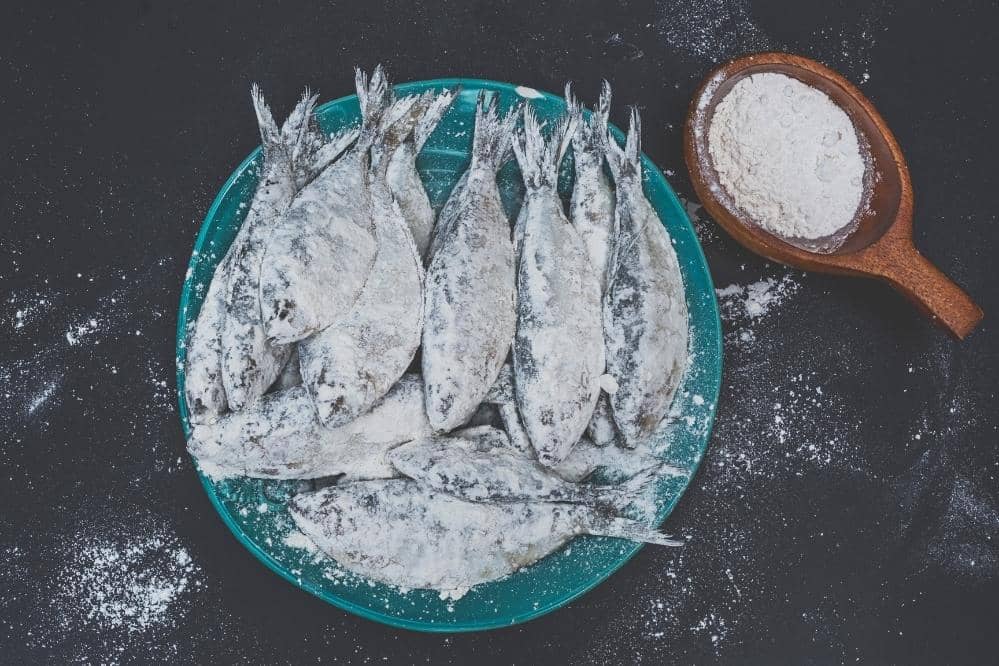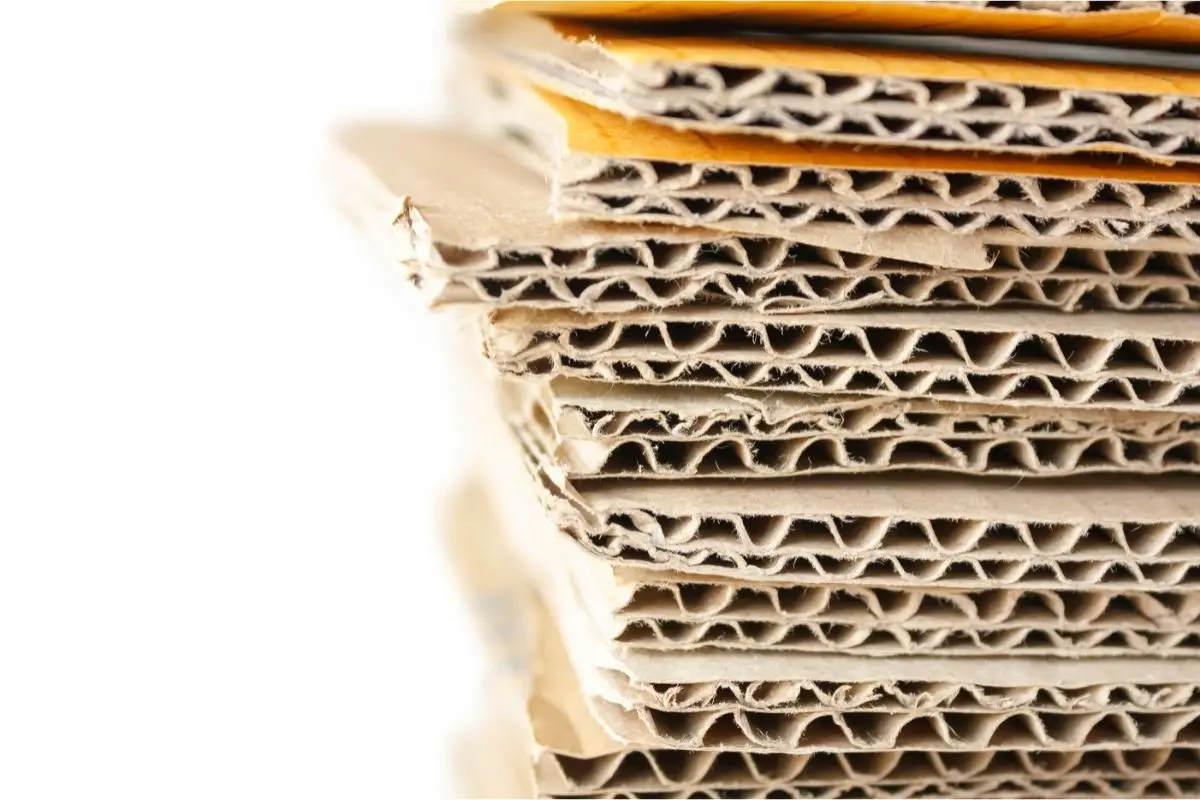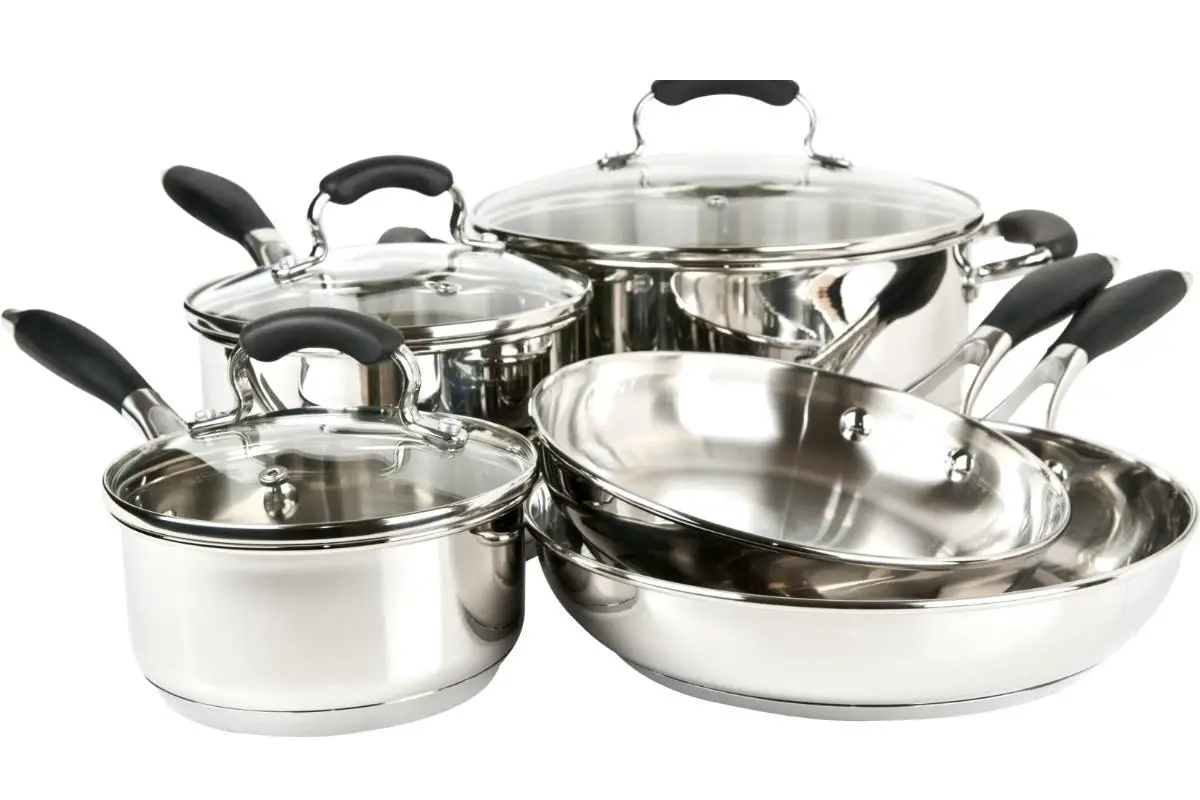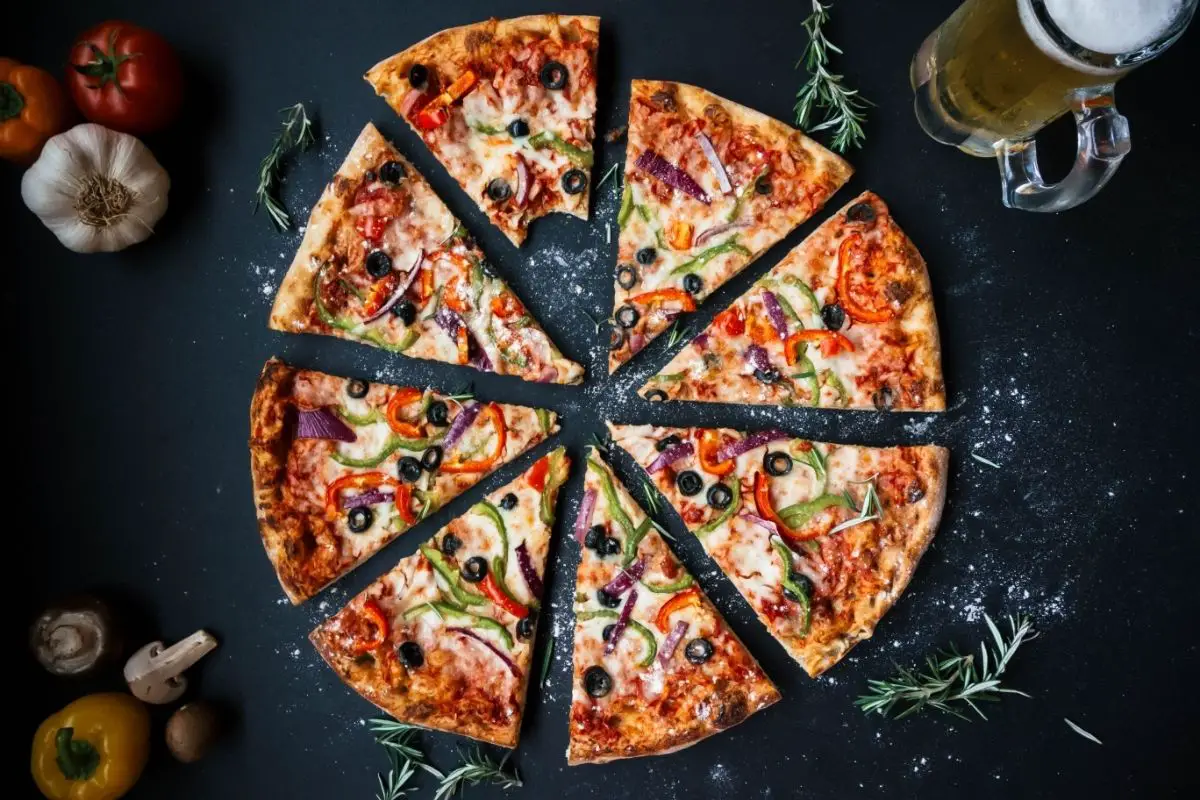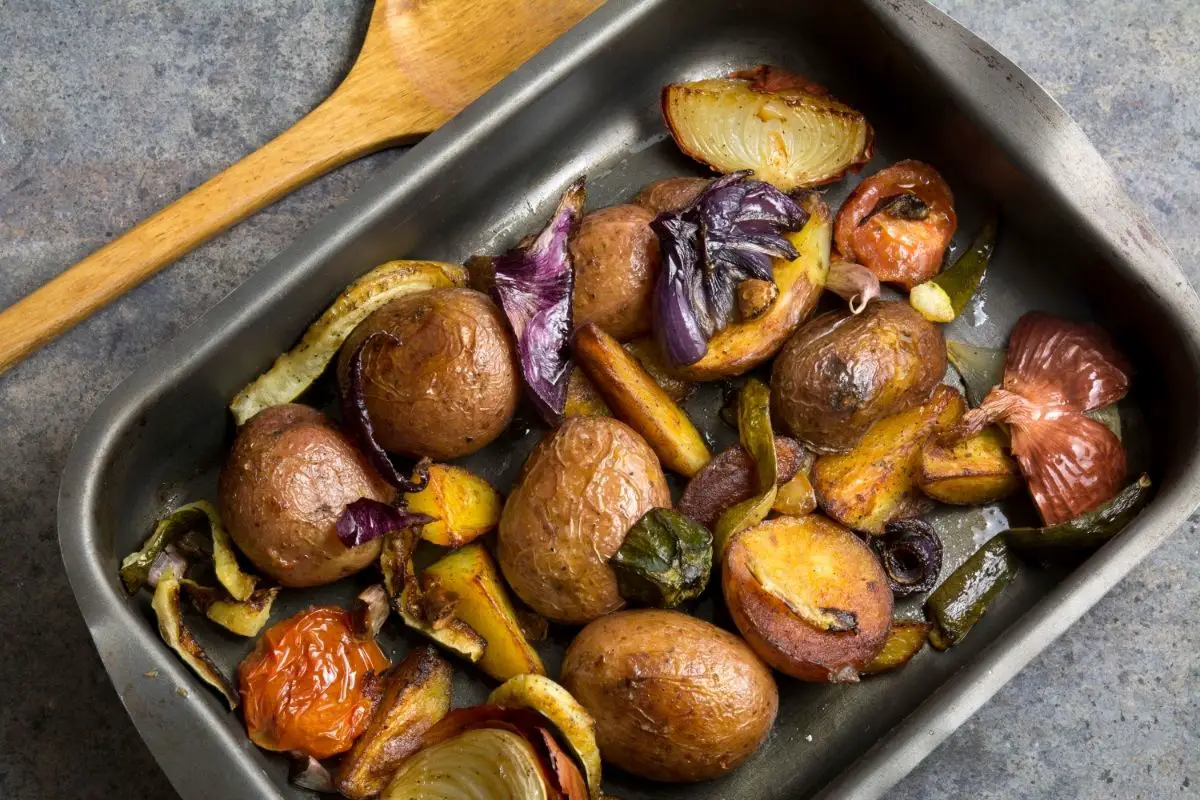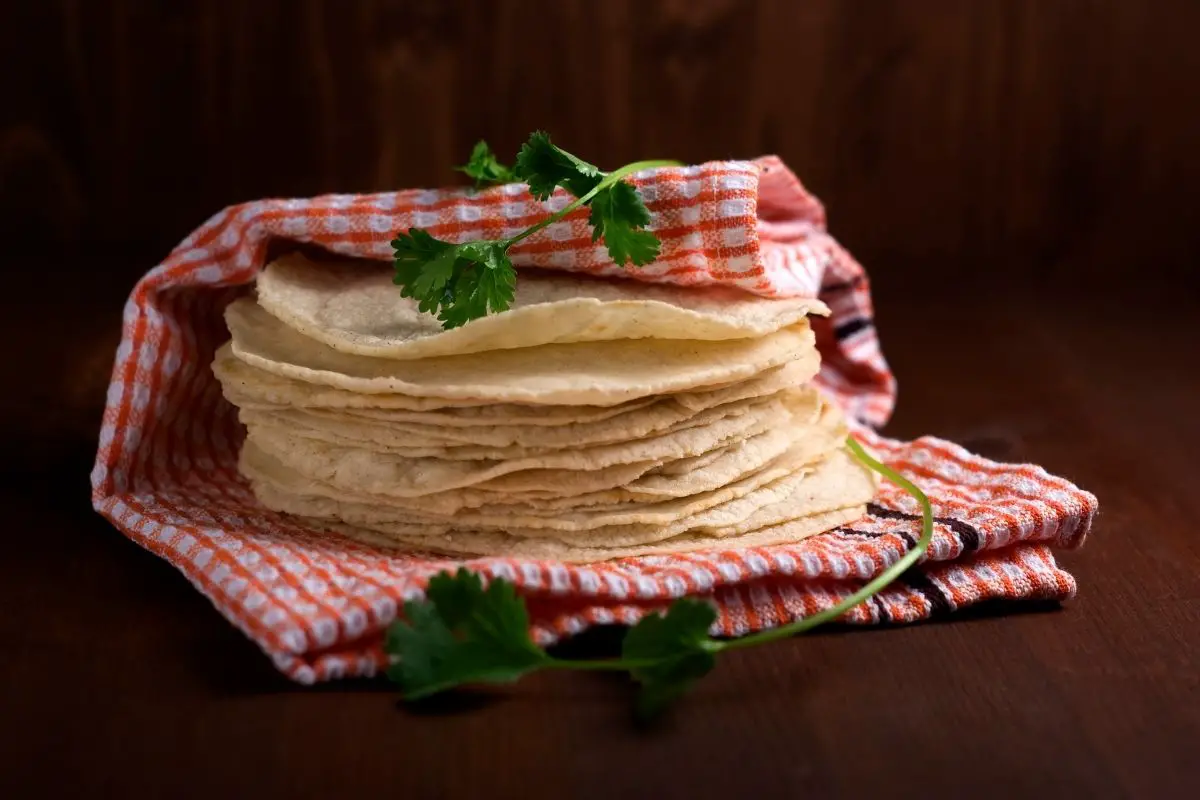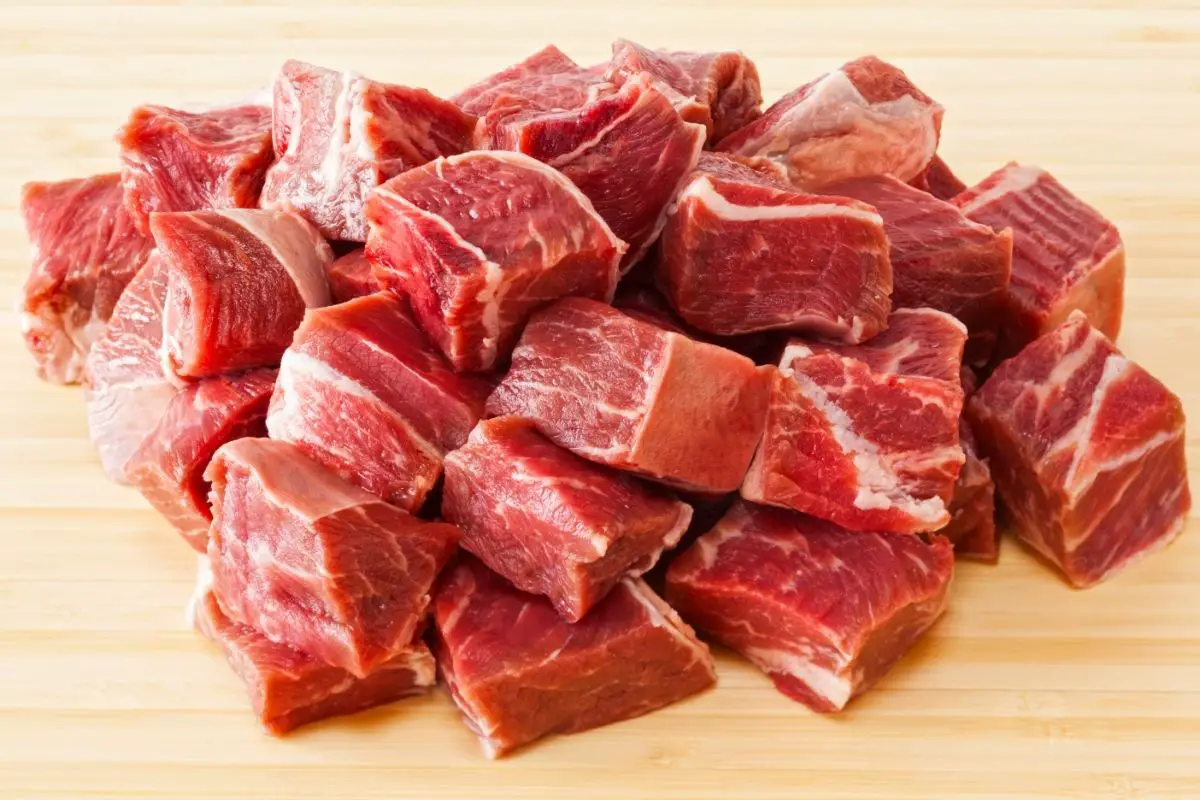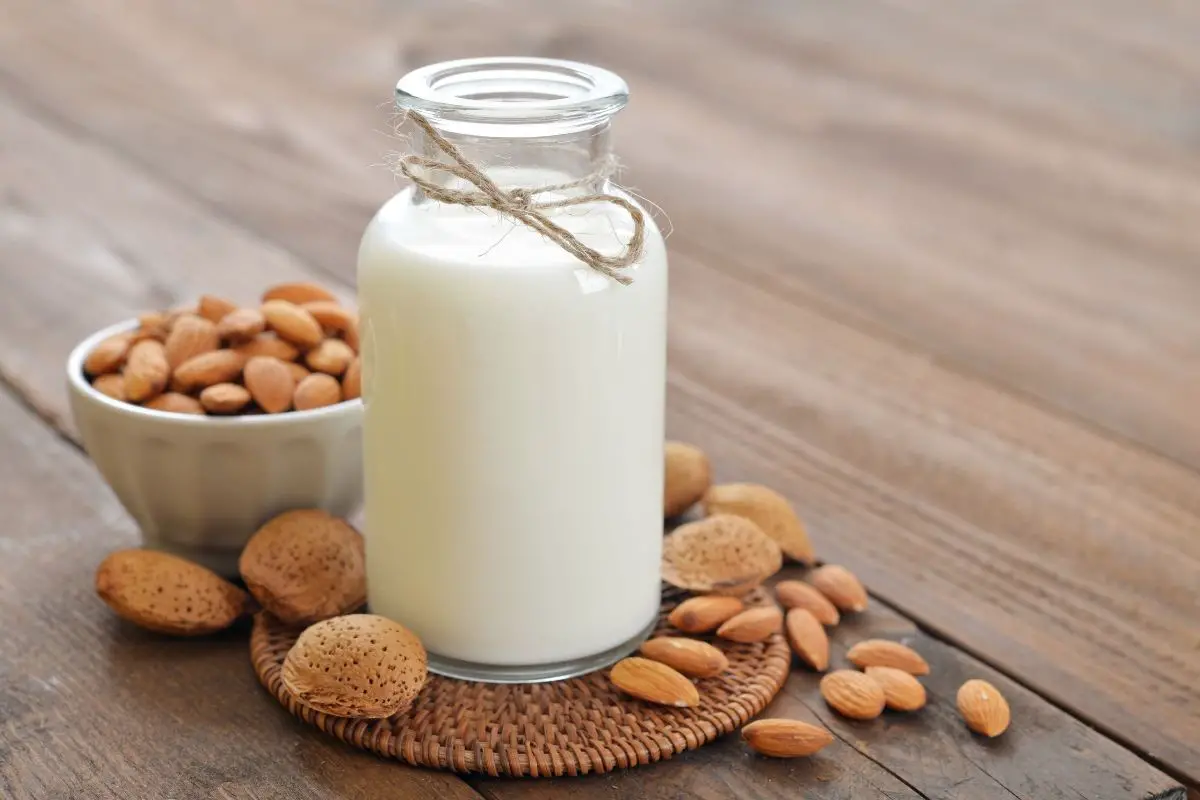When frying fish, the flour is an important part of the breading process – it ensures that the outer layer of the meal that you’re about to eat is crispy and delicious, rather than being a little too soggy in any way.When you haven’t got flour in your cupboard, you might be at a loss for what to use instead. Never fear, though, as we’re about to talk about the best alternatives for flour when frying fish in your home.
5 Best Flour Substitutes
“This site contains affiliate links to products. We may receive a commission for purchases made through these links.”
Cornstarch
Cornstarch is a great alternative to flour as it’s one of the most predictably effective options we can think of. The texture of cornstarch is a little different from regular flour, of course, but this only means that your fish may have a slightly crispier batter than ordinarily. This is, of course, no great hardship.
When using cornstarch in this way, it can be used as either a wet or dry coating – that’s how fine the powder is! When cooked, it won’t make the fish too thick or heavy, instead forming a pleasantly fine layer.
Breadcrumbs
Breadcrumbs are less of a substitute and more of an alternative – they allow for a greater crumb size on the outside of your fish and, in turn, a less greasy option than some other coatings.
Breadcrumbs can be bought in supermarkets pre-made, or they can be prepared from bread that you’ve got in your home, either grated, chopped, or just crumbled. The breadcrumbs are typically mixed with other spices and seasonings, which leads to a wonderfully flavored coating – we’d recommend this at any opportunity!
The wonderfully crunchy texture and more complex flavor of breadcrumbs make them a must-try, even if you’ve got plenty of flour in the cupboard.
Crushed crackers
Crushed crackers work much the same as breadcrumbs, forming an already firm outer layer before cooking has even taken place. Crackers are a great option if you’d like to avoid adding any fat to the dish that you’re cooking – if you’re deep-frying the fish, then it makes sense to avoid fat wherever possible in the recipe.
Crackers are, of course, already crunchy before you get your hands on them. This means that they’ll add an awful lot of crunch to the fish dish. If your fish is as succulent and tasty as well-cooked fish can be, this crunch adds a lot to the dish – it’s really tasty!
Cornmeal
Cornmeal is a fine powder, similar to the cornflour, though thicker. It’s made through the process of drying corn kernels, and then grinding them into flour. It’s used a lot to thicken dishes, and it’s also one of the principal ingredients of masa, the flour that’s used to make traditional tortillas.
Cornmeal has a unique texture and flavor that’s perfect for frying fish. We really like that cornmeal is healthier than some of the other options on this list, thanks to the fact that it is made from sweetcorn. The slightly sweet flavor comes through when it’s cooked, giving your fish an interesting new dimension of flavor.
Tapioca Starch
- GLUTEN-FREE FLOUR SUBSTITUTE - Our gluten free tapioca flour for baking and cooking is perfect for a gluten free diet. It's a great alternative to wheat flour. Try using our tapioca starch gluten free to make gluten-free breads or flatbreads. Never worry about gluten or grains when you use tapioca starch for cooking or baking.
- THICKENING AGENT - Tapioca flour or starch, similar to corn starch and arrowroot starch, is widely used as a thickening agent in soups, sauces, and gravies. Its neutral taste and smooth texture make tapico starch is ideal for enhancing the consistency of both sweet and savory dishes without altering the flavor.
- VERSATILE USES - Tapioca starch organic is derived from cassava root and is a substitute for wheat flour. Those who are allergic to wheat or gluten can use our gluten-free organic tapioca starch, a natural thickener like arrowroot flour. It can also be used in skin care products. You can use organic tapioca starch for boba pearls for a chewy treat in drinks or you can use even use tapioca starch for body butter.
- EXTRACTED FROM CASSAVA - While cassava flour (almidón de yuca o yucca starch) uses the whole root of Cassava Root, tapicoa flour is made from the starchy portion. Tapioca powder uses water to extract the flour from the root, then dries to become tapioca starch for baking and cooking.
- FRESH QUALITY - We make sure our organic tapioca flour starch is fresh and sealed correctly to give you the best quality. Kate's organic tapioca starch makes a great addition to paleo diets since the starch derives from the natural cassava root.
Tapioca starch is a fine powder made from cassava roots. While it can be tricky to track down, it works as a wonderful substitute for flour. It’s naturally gluten-free, which means that it’s often used as a rice flour substitute when that’s needed.
We like that this flour is quite starchy, as that means it will add some thickness to any batter that you might make, leading to a batter that, when cooked through, is crispy and soft at once.
Tapioca starch has high fiber content, too. This is beneficial for overall digestive health, and it’s also a great way to help you feel a little fuller for a little longer. This, combined with its natural sweetness, can really boost a well-cooked meal.
We hope that this list has been able to help you track down the perfect option to use for your next fish dish. Even if you run out of flour, a staple ingredient around the world, you can be sure that you’ll track down useful alternatives that will work well for you.
Once you’ve decided what flour alternative you might use for your fish, we hope you track down a type of fish that you really enjoy – haddock is a personal favorite, for both its rich flavor and slightly meaty texture.
- What goes good with fried shrimp for dinner? - November 17, 2022
- Best Heat Diffusers for a Gas Stove - November 16, 2022
- Can you boil potatoes too long for mashed potatoes? - November 15, 2022

